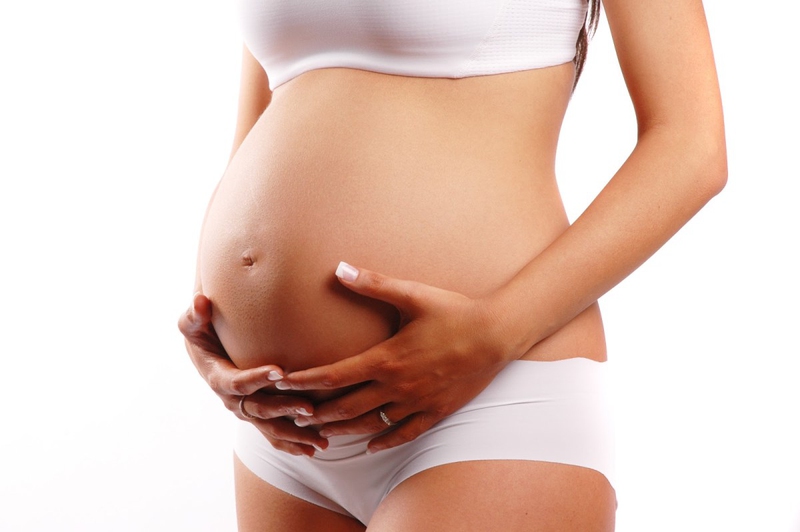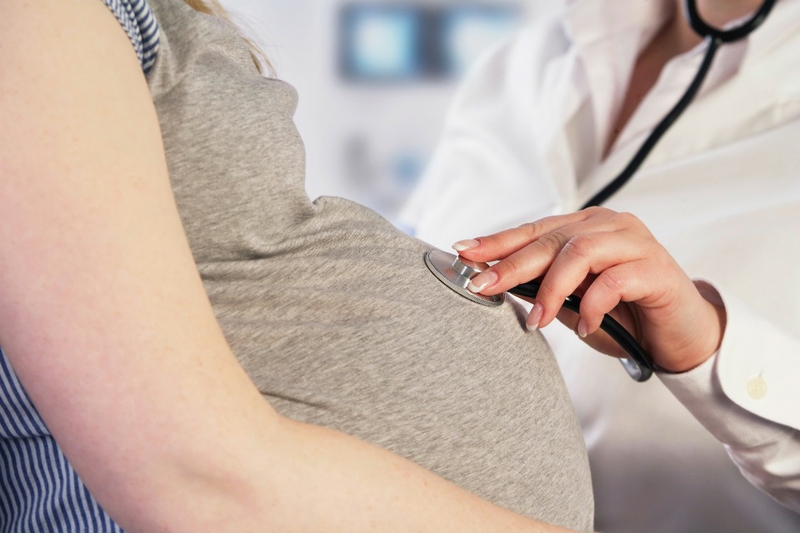There are a number of changes a woman’s body goes through when she becomes pregnant. Many of these changes can occur in the gastrointestinal system. It is not uncommon for women to experience constipation while other women may experience diarrhea. Either of these conditions can be a cause for concern and in this article, we will be covering pooping a lot during pregnancy.

Is It Normal to Poop a lot During Pregnancy?
Yes, it's normal. Many women chose to change their diet to a healthier one when they become pregnant because they want to supply the baby with as many vitamins and nutrients that are needed. Eating more fruits and vegetables as well as drinking plenty of water are all ways to implement a healthier diet. These changes, however, can cause a change in bowel movement. Women who have other health conditions like ulcerative colitis or celiac disease may find their symptoms worsen while pregnant.
What other pregnant women say about their bowel movement?
Many women experience more frequency with their bowel movement during pregnancy. Here are few statements from women who have gone through just this.
Do not get too worried about it.
During my first trimester, I was concerned about my frequency in bowel movement. After speaking to my doctor about my concerns, she pointed out that the prenatal vitamins I was taking contained iron. This iron often made women constipated so the companies that manufactured the vitamins began to add a stool softener to the vitamins to help balance out the issue. My diet consisted of a lot of fruits and vegetables which obviously added to my increase bowel movement. I was relieved to learn that it was completely normal to have an increase in bathroom visits and would much rather have to go more often than suffer through constipation.
You should still visit your doctor.
I was surprised to learn that even though you may be pooping a lot during pregnancy, you could still be constipated. I just thought that because I was spending so much time in the restroom, it was impossible that I was constipated. I noticed at one point I was having some rectal bleeding when I visited my doctor. The doctor determined that I was in fact constipated and I was actually straining each time I used the restroom, which resulted in hemorrhoids. Constipation on its own is painful and embarrassing, hemorrhoids just made the uncomfortable twice. While it is common to have a change in bowel movement, if it isn't normal for you, it is better safe than sorry to talk to your doctor about it.
However, Be Careful About Diarrhea
Causes of Diarrhea
Gastroenteritis infections or food poisoning.
The most common causes of pooping a lot during pregnancy or diarrhea include viral infection like rotavirus, adenovirus, and norovirus. Most of the symptoms from these infections are mild and many women can recover from them without any treatments.
Bacterial infections like Salmonella, Campylobacter, Escherichia coli or E. Coli can cause diarrhea. These bacterial infections tend to be more serious and are often contracted from contaminated food and drinks.
Other infections like parasitic infections which include Giardia lamblia, Cryptosporidium and Entameba histolytica are contracted through contaminated foods and drinks.
Other causes of diarrhea could be due to:
Hormonal changes that occur during pregnancy.
Any antibiotics or antacids, as well as other medications.
Overuse of laxatives used to try and relieve constipation.
If experienced later in the pregnancy, this could be an indication of labor.
Increase in food sensitivity while pregnant.
Pica, a craving for non-food items like chalk, sand, dirt or mud during pregnancy.
Lactose intolerance.
Sign of an inflammatory bowel disease like Crohn's disease or ulcerative colitis.
Irritable bowel syndrome.
How to Handle Diarrhea
If your diarrhea isn't cause you much distress and you can easily figure out the cause of it, there are a few things you can do to help relieve yourself of this symptom.
Eat a healthy diet. Many foods can make your symptoms worse especially for those who are lactose intolerant. If your diarrhea is the result of a virus or other illnesses, you want to consume more bananas, rice, applesauce, and toast. These four foods are the easiest on upset stomachs and are better tolerated. Unsweetened cereals, cooked carrots, healthy lean meats and various yogurts are also ideal to include into your diet.
Cut out sugary drinks. Sports drinks, fruit juices, and soda pops all contain a high amount of sugar which can increase your chance of dehydration. These types of sugary drinks will draw water out of the body, so instead, stick with water or drinks that will keep you hydrated but don't contain a high amount of sugars.
Avoid taking medication unless suggested by your doctor. Most diarrhea medications contain sodium bicarbonate or sodium which is not healthy for the mother or baby.
When Should You See a Doctor?
Diarrhea that is mild will usually clear away on its own and there is little need for concern. But, when pregnant, this symptom is something that should not be quickly ignored. If the diarrhea persists for more than two days or is also accompanied by additional symptoms like nausea, fever, vomiting, or pain in the abdomen, you should be alarmed. Pooping a lot during pregnancy because of diarrhea increases your risk of dehydration which can be a serious complication. If you experience dry mouth or lips, excessive thirst, decrease in urine output, dry skin or loss of skin turgor, you may be dehydrated. Keep in mind that diarrhea that lasts longer than two days can have a negative effect on the baby as well as mother.

View All Comments /Add Comment